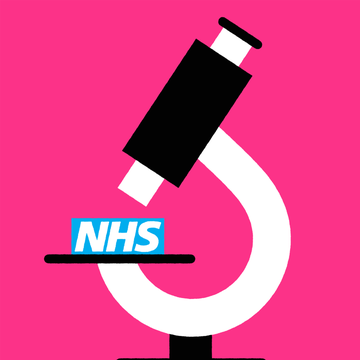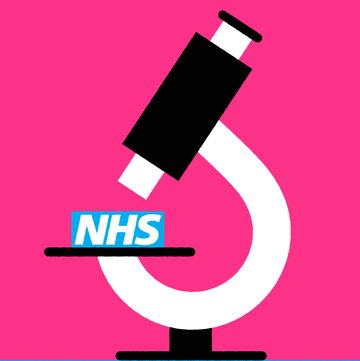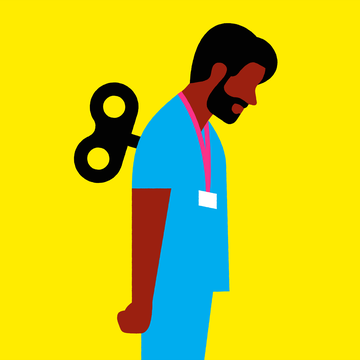Our health service is unwell. You’ve read the news stories – staff at breaking point, pitiless waiting times, patients languishing in corridors. The problems it faces are deep and knotty, though hope is not lost. Whether the solutions lie in smarter funding, technological innovation, or even our own actions, there are bright minds at work to find them. For this series, MH assembled a team of field-leading thinkers to share their strategies.
What condition is the NHS in at present?
I’ve been around health policy for over 30 years and the situation we’re in is the worst I’ve ever seen. It’s inarguably a crisis, yet there hasn’t been proper recognition of the fact from this government. What we’re seeing now is of a different order completely. Years of austerity have destroyed the system. The problems are deep and structural.
So what needs to be done?
The first thing to do is acknowledge the scale of the problem. The second is to have a proper plan to deal with it. Right now, that’s sorely lacking. This situation requires long-term thinking that addresses the fundamentals, but it’s perfectly obvious that the current administration’s strategic focus is on the short term. They want to patch things up just enough to have a chance of getting voted back in at the next general election.
Ultimately, we have a volume issue. There’s a mismatch of supply and demand. We don’t have enough doctors and nurses, we arguably don’t have enough beds and we certainly don’t have enough primary, community and mental health services. There just isn’t the required capacity. But more than that, the system is not aligned with the problems we’re facing.
Can you explain what you mean by that?
The biggest problem for healthcare is the rising tide of chronic disease: arthritis, diabetes, dementia, all of these sorts of issues. The present NHS isn’t built to deal with any of that. It’s set up to deal with episodic care in hospitals. That’s where the majority of the budget goes. The kind of things that could be used to keep patients healthy and out of hospital have suffered hugely from a lack of funding and investment. We’ve seen falling GP numbers since 2015.
Is it about money?
Some of this is about money, but it’s largely about where we get the system focused. Healthcare is undergoing a wholesale revolution where the alignment of data analytics and genomic science is beginning to allow us to concentrate on predicting and inhibiting ill health, rather than purely diagnosing and caring for patients. This is what we should be focusing on. But to do that, we need to change how staff are trained, how the workforce is configured, how resources are provided, what the infrastructure is and so on. We need a new 10-year plan, and that requires real leadership. I know shadow health minister Wes Streeting is thinking along these lines.
Doesn’t the harnessing of new technology inevitably mean more private sector involvement?
There’s nothing wrong with private sector involvement if it’s for the public good. As long as the outcome benefits people with the greatest clinical need rather than the fattest wallets, it makes sense to employ companies with the greater knowledge, expertise, capability and efficiencies. It just has to be on the right terms. The likes of Apple and Google are currently making a big bet on health and that’s a good thing. But only if we have a long-term plan to utilise these advancements to address the problems we’re facing and help deliver on the service’s founding principles.
It’s difficult to get visibility on this because everyone is drowning in pessimism. ‘The NHS is broken, it’s finished, we need to tear it up, we need to introduce social insurance...’ All of which is nonsense, frankly. Social insurance would not add one jot of difference. It would just cause turmoil for 10 years. We already have turmoil – what we want is order and sustainability. So my message is one of possibility and optimism. Above all else, hope is what’s missing from the debate about the NHS. And hope lies in technological change.
How do the challenges and solutions of today differ from when you were in charge?
The big difference now from when I was Secretary of State for Health is that technology is capable of doing the things we always wanted to but never could because we didn’t have the tools in the box. The hope has always been that tech would help facilitate an approach to healthcare that the founders of the NHS envisaged, which is to focus on prevention more than treatment. This is now within our capability. The question is: who’s thinking about it and what’s the plan to harness it? The answer is no one and there is none. That’s the opportunity.













